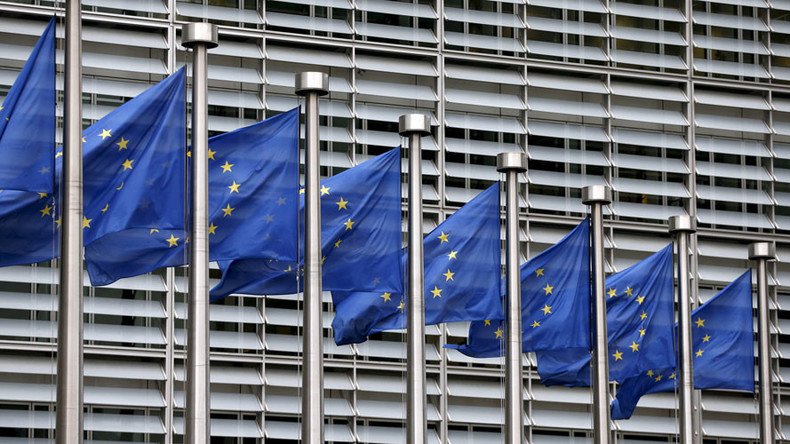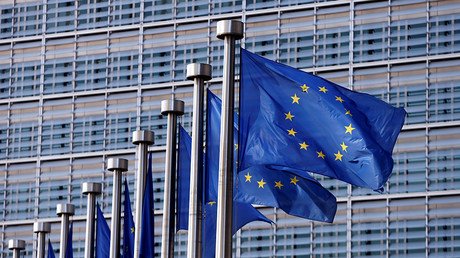‘Year of lost opportunities:’ Russian envoy blasts EU’s confrontational policies

The European Union has repeatedly missed chances to mend its relations with Russia, while its sanctions do nothing, Russia’s permanent representative to the bloc, Vladimir Chizhov, has said.
“Unfortunately, this year has not brought any positive changes in relations between Russia and the European Union. In 2016, the EU missed opportunities to revise its policies towards Russia several times. The last time this happened was just a few days ago, when Brussels prolonged its economic sanctions against Moscow,” Chizhov said in an interview with Izvestia daily.
“It is true that trade between Russia and the UE has decreased this year. But this has also happened to Russia’s trade with its other partners – the main reason behind the decrease is the dynamic of world oil prices and not the sanctions,” the diplomat noted. “Even given the negative dynamic, the EU remains Russia’s main trade and economic partner,” he added.
In his interview, Chizhov also noted that the EU’s latest extension of anti-Russian sanctions had laid bare the falsehood of them being somehow connected with observation of the so-called Minsk Agreements – a set of mutual obligations aimed at settling the armed conflict between the Ukrainian government and the self-proclaimed republics of Donbass.
The envoy said that 2016 had been a very difficult year for the EU, as its own internal problems have seriously worsened. EU citizens are becoming increasingly discontent with Brussels and the inflow of migrants, leading to a major weakening in European solidarity and, ultimately, Britain’s vote to leave the union, also known as Brexit.
At the same time, the Russian diplomat pointed to certain “flashes of positiveness,” such as European Commission Chairman Jean-Claude Juncker’s visit to Russia and his meeting with Russian President Vladimir Putin.
“In general, we have managed to prevent the collapse in relations and maintain the political dialogue,” Chizhov noted.
On December 16, the European Union extended its economic sanctions against Russia for another six months, saying “not enough progress” had been made in fulfilling the Minsk peace agreement, to which Kiev is a party, but Moscow is not.
In response, Russian Prime Minister Dmitry Medvedev announced that Moscow will also continue with its embargo on EU food imports, which was put in place as a countermeasure to the EU sanctions.













